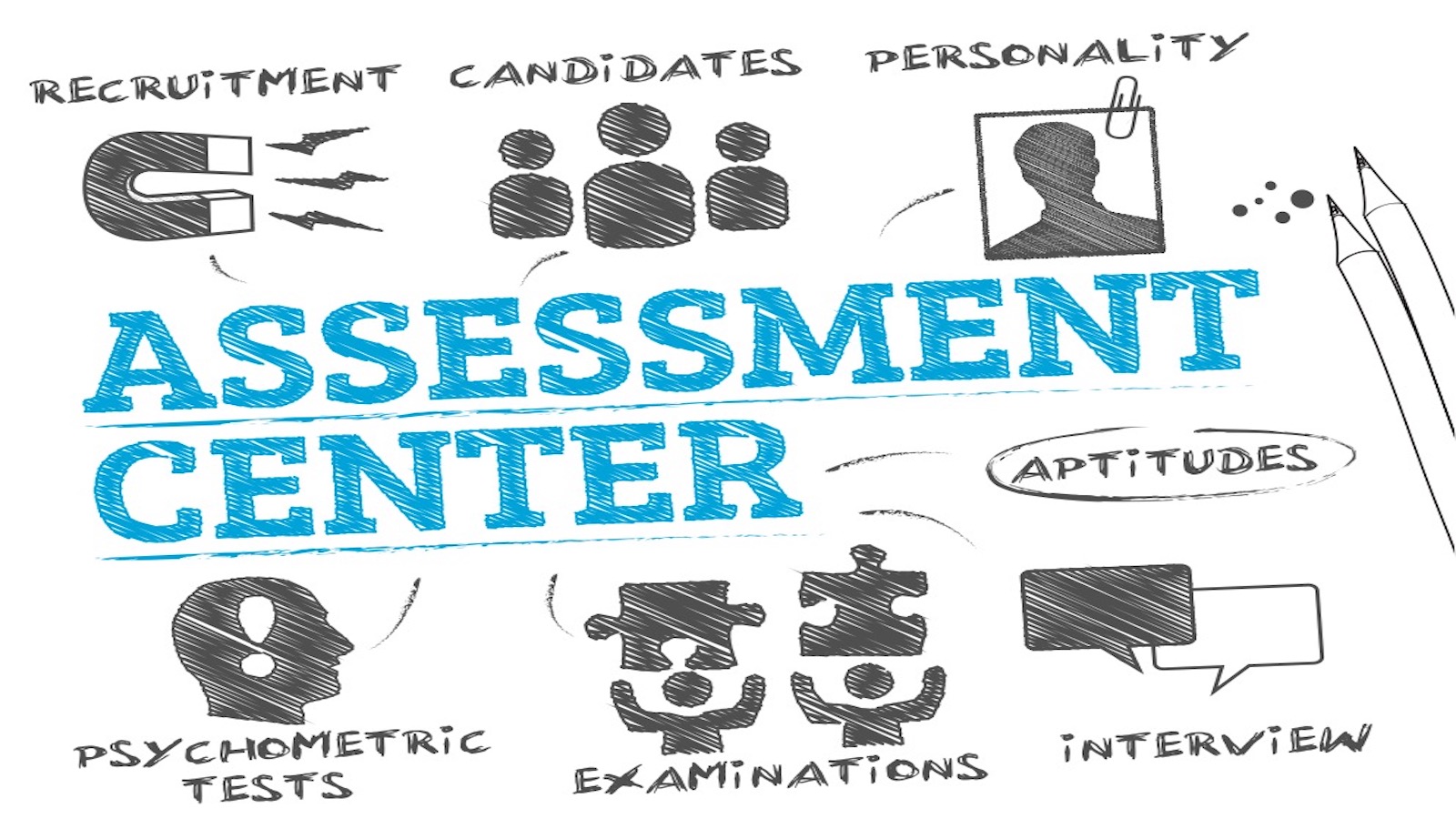In today’s digital world, career assessment tests are widely used by job seekers, students, and professionals to guide their career choices. However, not all of these tests are legitimate. Scammers have jumped on the bandwagon, offering fake career assessments that promise to provide valuable career insights, only to steal personal information or charge exorbitant fees. It’s essential to understand how to spot these fake tests and take proactive measures to protect yourself from falling victim to these scams.
What Are Fake Career Assessment Tests?
Fake career assessment tests claim to help individuals understand their skills, interests, and potential career paths. These tests often ask users to answer a series of questions about their personality, preferences, and goals. Once completed, the user is promised a comprehensive analysis or report that will supposedly help guide their career decisions. However, many of these tests are either designed to:
- Steal Personal Data: Some fake tests ask for sensitive personal details such as social security numbers, credit card information, or address details, all of which are harvested for identity theft or fraud.
- Charge Hidden Fees: Scammers may lure users with the promise of free tests but will later charge hidden fees for detailed reports, certification, or continued access to test results.
- Provide Fake Results: Some fraudulent websites deliver vague or meaningless results that hold no real value, but their goal is to convince users to pay for additional services that aren’t legitimate.
- Phishing Attempts: Fake tests may include links to malicious websites or attachments that infect your device with malware when clicked.
How to Spot Fake Career Assessment Tests
1. Unprofessional Website Design
Legitimate career assessment platforms are generally well-designed and functional. If the website looks unprofessional, contains broken links, or has excessive ads and pop-ups, it’s a red flag. Poor design may indicate that the site is a scam.
2. Too Good to Be True
If a career test promises incredibly accurate results or quick career success with little effort, be cautious. Legitimate tests require a comprehensive analysis and offer nuanced insights, not instant success or overly simplistic advice.
3. Requests for Personal or Financial Information
Legitimate career assessments should not ask for sensitive personal or financial data upfront. If the test asks for details such as your credit card number, social security number, or banking information before you even take the test, it’s likely a scam.
4. No Clear Contact Information
A genuine platform will provide easily accessible contact information such as a phone number, physical address, and a support email. Scam sites often lack this or only offer vague contact details.
5. Vague or No Testimonials
Testimonials and reviews can help you gauge the legitimacy of a service. If the website offers vague testimonials or none at all, or if the testimonials seem fabricated, proceed with caution.
6. Suspicious URLs
Check the website’s URL for spelling errors or strange characters. Fake websites often have URLs that appear similar to legitimate ones but with slight alterations (e.g., using “.net” instead of “.com”).
7. Lack of Privacy Policy
Legitimate career assessment tests will have a clear privacy policy outlining how your personal data will be used and protected. A fake website may skip this or have an incomplete or vague policy.
How to Protect Yourself from Fake Career Assessment Test Scams
1. Research the Test Provider
Before committing to any online career test, do your research. Look for reviews from trusted sources or check if the platform has any accreditation. Genuine services often have a presence in established career development circles or are endorsed by universities, professional organizations, or industry experts.
2. Use Trusted Platforms
Stick with reputable career assessment platforms that have a long-standing presence in the industry, such as Gallup StrengthsFinder, Myers-Briggs, or the Holland Code. These organizations have established credibility and provide genuine value.
3. Avoid Providing Sensitive Personal Information
Never provide sensitive personal information (e.g., your Social Security number, credit card details, or bank account) unless you’re sure the site is legitimate and encrypted. Look for “https” in the URL, which indicates a secure connection.
4. Check for User Reviews and Testimonials
Search online for independent reviews of the career assessment test you’re considering. Real users can offer insights into their experiences and highlight any red flags that you should be aware of.
5. Beware of Upfront Fees
Be cautious if the test is advertised as free but later requests payment for access to full results or analysis. Always clarify the pricing structure before providing any payment information.
6. Check for Transparency
Legitimate career assessments typically provide clear information about the test’s methodology, goals, and limitations. If the website offers vague explanations or lacks transparency, it’s better to stay away.
7. Look for Secure Payment Methods
If the test requires payment for results, ensure that it uses a secure, trustworthy payment gateway like PayPal or a well-known credit card service. Avoid sites that only accept wire transfers or untraceable payment methods.
8. Use Antivirus Software
Protect your computer or mobile device from malware by using updated antivirus software. Always scan for viruses before downloading any files or clicking on suspicious links.
Conclusion: Stay Safe and Make Informed Decisions
While career assessment tests can be valuable tools in guiding your professional journey, it’s crucial to distinguish between legitimate tests and fake ones. By following these guidelines—researching test providers, looking for secure and professional platforms, and avoiding sharing sensitive information—you can ensure your safety and make informed career decisions without falling prey to scammers.
Being aware of the warning signs of fake career assessment tests and taking proactive measures can protect you from scams. Remember, your career is an important investment, so it’s worth taking the time to make sure that the tools you’re using are reliable and legitimate.














